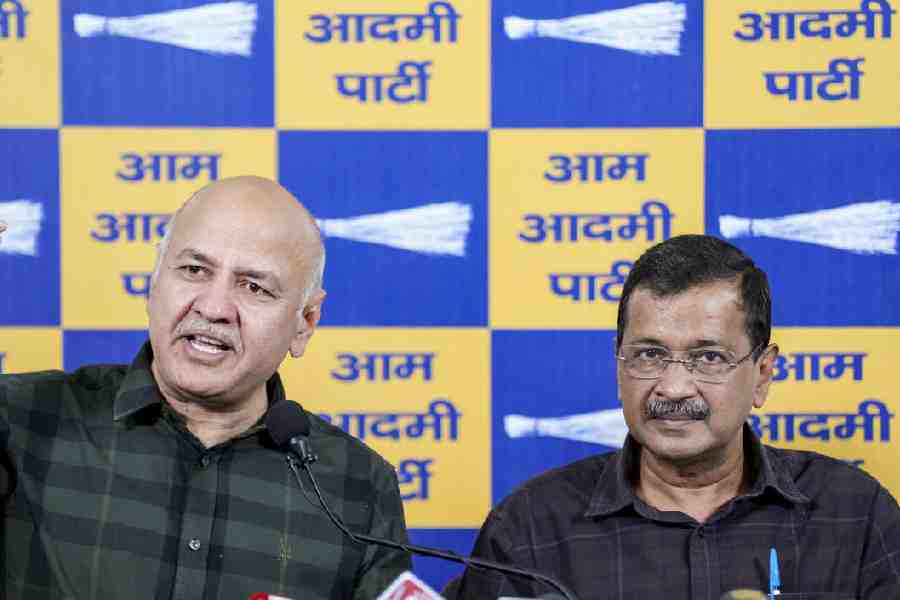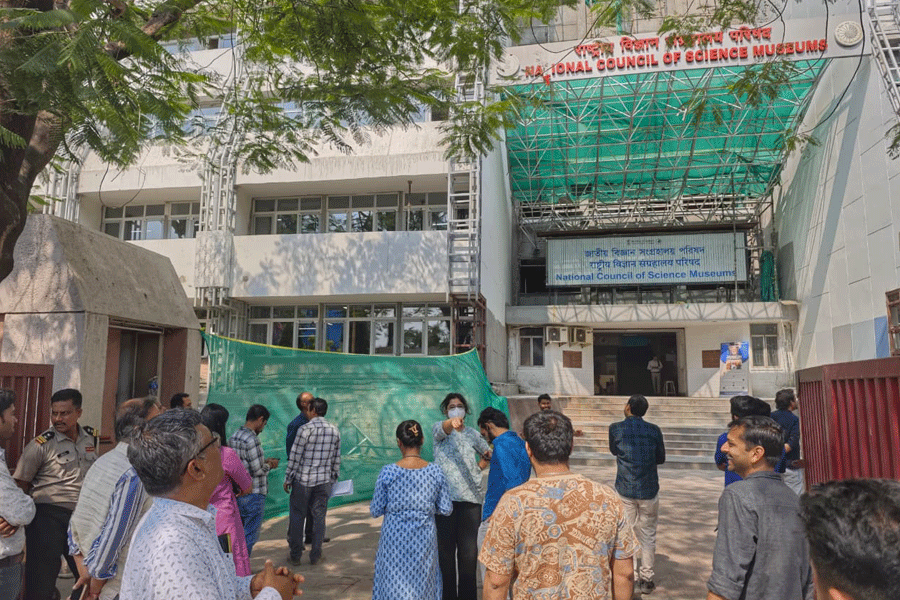 |
| Krishnan: Kid in a candy shop |
The Millionaire Who Bought a Town likes to save a buck. He breakfasts at McDonald’s, flies economy class and asks for a doggie bag when he doesn’t finish his meal at cheap motel restaurants.
But when, several months ago, the Virginia-based businessman saw a news story about a whole town being for sale in remote western Canada, he called the same day to offer a check for $5.7 million ? site unseen.
Today, Krishnan Suthanthiran owns Kitsault, a ghost town abandoned by miners’ families more than 22 years ago and preserved like a museum display of suburbia ? though one through which bears occasionally wander.
Suthanthiran, who was born in India and made his fortune selling medical devices and real estate in the Washington area, said he jumped at the chance to buy Kitsault because, “one, it is beautiful up there, and two, I couldn’t believe it wasn’t being used. I said if nobody else could figure out what to do with a town, I can”.
His ideas for transforming the empty community, located in a majestic natural setting, tumble forth: Kitsault will become an eco-tourist destination or an artist’s colony. He will hold conferences, gathering scientists for forums and evening salmon-roasts on the beach. Wedding receptions. A corporate retreat. A movie set. Skiing, hiking, a spa, bans on smoking and cars, maybe a high-speed hydrofoil to bring tourists.
“I feel like a kid in a candy shop,” he said.
Suthanthiran has avoided publicity in the past, content with his work and a growing list of philanthropy projects in India, Canada and the US. Many involve small scholarships, the kind of boost that enabled him to leave home for college at 15 with only a collection of donations from neighbours in his pocket.
At 56, after quietly building his businesses for 28 years, Suthanthiran has plunged into a flurry of financial acquisitions. In the last year, he has moved to buy half a dozen companies. Most are medical concerns that complement his own, Best Medical International. But the purchases also include a Vancouver video production company and now ? the splashiest buy ? a ghost town.
“I guess Kitsault will bring me more into the open,” Suthanthiran said with little enthusiasm during an interview on the long, bumpy gravel road stretching 140 miles from Terrace, a town in western British Columbia, to the old mining community.
Kitsault, 500 miles northwest of Vancouver, was to be a model mining town. Instead, it became a monument to corporate misjudgement. In the late 1970s, Amax of Canada Limited chose to reopen a local mine, dormant since 1972, that produced molybdenum, a metal used to harden steel.
But just as the families were getting settled, the price of molybdenum plunged, from a $15-a-tonne to $3, and an oversupply killed off the “moly” market. The operation was closed in 1982, and within months, Kitsault was left empty and eerie.
There were occasional attempts to sell the property, but no takers until the price dropped and Suthanthiran noticed the ghost town for sale.
He had a history with Canada. He had come to Carleton University in Ottawa in 1969 at age 20 on a post-graduate scholarship after leaving India, where a friend’s father had taken up a collection to rescue the smart young man from his family grocery store and send him to college.
Suthanthiran started his own company in 1977, specialising in sophisticated radiation treatment catheters used to fight cancer, the disease that had claimed his father in India.
Suthanthiran is not a flashy millionaire. No gold Rolex -- he wears a plastic sports watch and white socks. He says he hasn’t been shopping in three years. He does not own a car.
The only extravagance he admits to is a two-bedroom apartment in Las Vegas. He doesn’t gamble, he says, but likes the shows and marvels at the operation of the giant hotels.
Suthanthiran has neither a wife nor children; the closest he came, he said, was when he was 28 and received a surprise call from a family who said they had arranged with his mother in India for him to marry their daughter. He balked, and since then, he said, “I’ve been busy”.
He works seven days a week, his ear joined to a telephone.
But something about Kitsault has brought out the dreamer in him. “Just look at this place,” Suthanthiran gushed as he wandered around the empty buildings of his town. “Look at these paved roads. Look at this scenery.”
The frozen-in-time look of the town is deceptive, though. Ants are chewing away at the wood foundations; mould has crept into the eaves. The electrical wiring is brittle, and the sewage system probably will not pass today’s standards.
“I don't think he really knows what he’s gotten into,” mused Edmond Wright, secretary-treasurer of the Nisga’a Lisims native government, which represents the aboriginal villages that are Kitsault’s closest neighbours. “We’re really out in the boondocks here.”
Besides, native officials, over a hospitable lunch of wild salmon, politely scolded Suthanthiran for rushing ahead without consulting them.
Suthanthiran is undeterred by sceptics. “If I wasn’t an optimist, I'd still be in my home town in India running a grocery, with 10 kids,” he said. “Land development is not for the fainthearted.”
Los Angeles Times-Washington Post News Service










